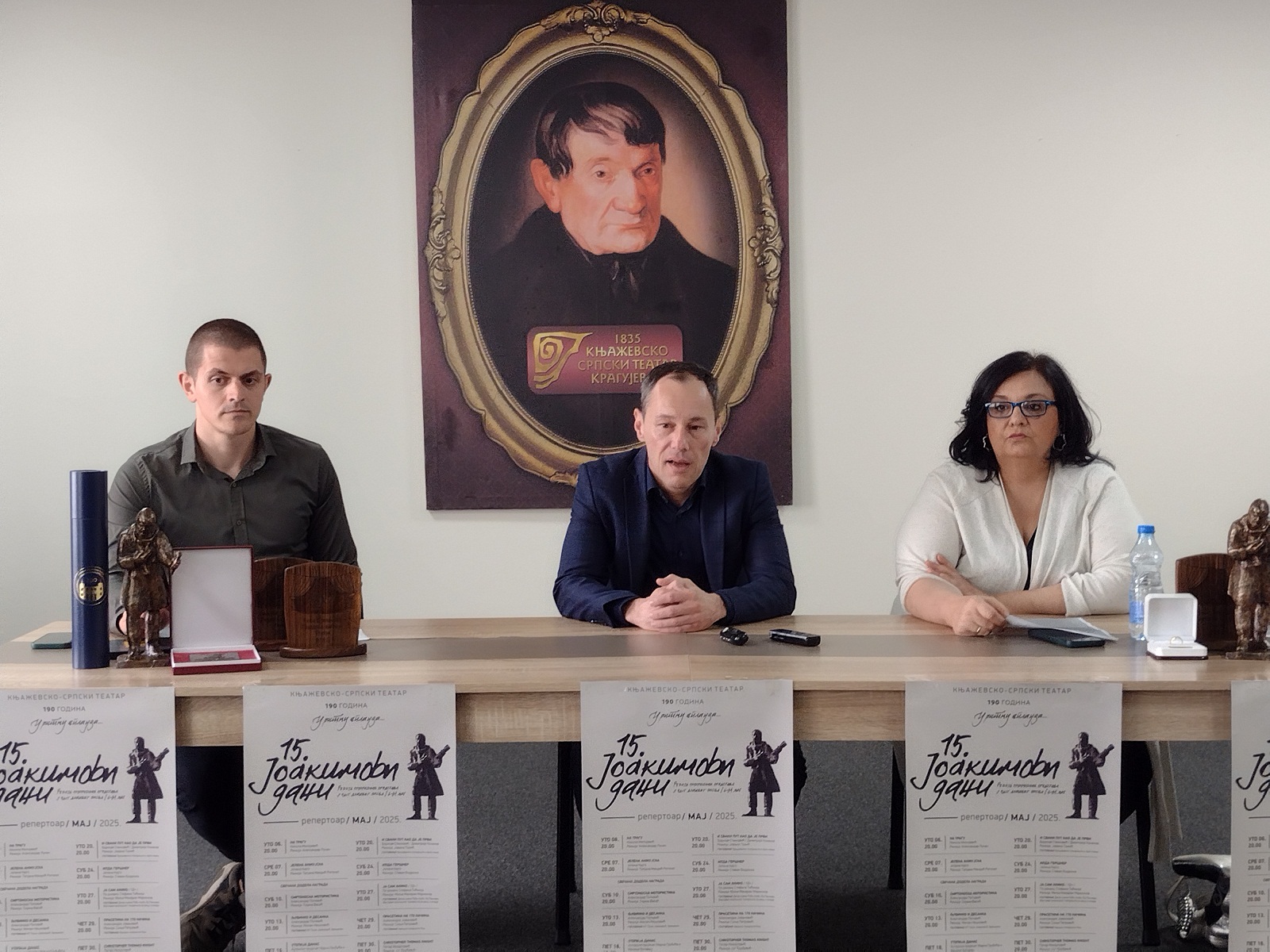Diseases of the New Age: From lack of intellectual activity to « brain »

Maybe you remember the term « postvetin », which perfectly describes the last decade, gained its popularity in 2016, when it was chosen as the word of the year of the Oxford University Press. Since then we have become aware that we are living in an age in which objective facts have a lesser impact on the shaping of public opinion than personal beliefs and emotions. It has become clear that the truth is secondary in terms of feelings, ideology or political pragmas, both in cultural and social and political contexts. If something is true for one group, it is not true for another, but they have their own truth. Everyone believes in their own, denies that of others, and the universal truth becomes fluid and no more axiological dimension.
Last 2024, the word of the year according to Oxford University Press is another term that precisely describes the Zeitgeist, which is « Brain Truff » or Brain Rot. According to the publisher’s statement, this expression « shines a new light on our relationship with the technology that is constantly evolving ». Although, of course, it is not an official medical diagnosis, the phenomenon behind it is very real: a decline in cognitive abilities due to excessive time spent online and lack of mental activity.
New diagnosis
This term was first used in the middle of the 19th century, when Henry David Toro in his 1854 book, « Walden, or Life in the Woods », complained of a decline in intellectual standards. He then wrote: « The whole of England has become on its feet to eradicate the potato trouble, but no one is trying to cure the brain’s trouble, which is far widespread and deadly. » More than a and a half century later, this term has become current through modern lifestyle and technology.
We live in a time when the average internet content consists of a few seconds video, one or two pictures and a short meaningless message, mostly in the function of an ad, whether it is commercial ad or self-promotion. What will not attract us in the first five seconds has no chance of keeping our attention. Every day we scroll through the infinite « timeline » full of worthless content, details of the lives of strangers, banal humor and absurd videos. All this in the hope that one day we will reach the end of that virtual world and finally dedicate ourselves to something more meaningful, read a book or look a movie.
The need for this banal content is already quite frightening and at the level of chronic dependence. From the point of view of focus, to critical thinking. Here we are not only talking about the diagnosis of the Zed or Alpha generation, but also the millenniums, even the boomers. We are all susceptible to endless browsing content without awareness of time and without a clear purpose, constantly comparing the number of likes, followers and interactions, or at the same time watching videos, correspondence and reading news that leads to brain overload or decreased focus and concentration ability.
We must admit that we no longer have a focus to read just longer than one passage. Immediately after getting up, the first thing we do is open the phone. This means that our brain is already used to the constant search for current pleasures. And that’s no coincidence. Platforms like Tiktok, Facebook, YouTube, Instagram use this human tendency and through their algorithms every likes, comment or new content are converted into short -term dopamine secretion, holding us infinitely glued to the screen.
To be clear, we will certainly not « our brain » just because we watch stupid videos or have spent a few hours more on the phone. But the diagnosis is already serious. Digital distraction is not a problem, but constant indulgence of worthless content can have serious consequences, especially for digital natives. In this context, « brain troops » is not only a naive term but a serious question about the new age and how we manage our attention, time and cognitive abilities.
Where is the drug?
And instead of dedicating ourselves to strengthening education and culture, which (constantly repeating!) Are the foundation of society, we are further working on their erosion, and in addition to excessive use of technology, we still abolish objects that are crucial to critical thinking.
In the past, thirty gymnasium professors of philosophy, logic and ethics have sent an open letter on the occasion of the new conception of gymnasium education, which was published at the beginning of the year, which removed philosophy and socio-humanist sciences. This conception offers a limited worldview without the possibility of analytical, synthetic, critical and creative opinion, professors reacted.
It is clear to us that today education serves to create workers, obedient subjects of capitalism, but this time it is also in the service of final dashing. If the philosophy, logic and ethics of education are removed, then you will create a subject to know everything, but only one area, for example, the economy, even more directed by finances, so without other acquired knowledge and a narrowed perspective, it can only work in the bank, and only in the finance department can be sitting. So, it will be directed to the world, susceptible to manipulation, deprived of all other knowledge, which would create a modern polym or universal man who will have the knowledge and skills of incompatible areas, from culture, history, languages, dance, so through geography, philosophy, to science.
Economist Branko Milanovic, in one of his columns and defines universities as factories, and says: « These factories have a raw material called students and which turns it into regular annual intervals into graduates. Consequently, any disruption in that production process is how to disrupt the supply chain. »
The Renaissance man is dead
The Renaissance man today is obviously superfluous. In the sparkling capitalism it is a surplus. Artificial intelligence can be a substitute for any of the professions that imply any intellectual effort.
It has been announced that the new curricula will cover the current topics and trends, such as digital transformation (probably included information technologies, programming, AI), media literacy, climate change, sustainable development and other global challenges. It’s all right. These topics reflect the realities of modern society, but by ejecting philosophy and curriculum logic, we throw out the apparatus to think about these contemporary challenges, which will speed up the process of « brainwashing » and creating idiocracy.
Every time has its own challenges, and each generation – its own way to solve problems or escape reality. In the past these were films or books, today these are the tikotic and algorithmic content. Our responsibility in this high -tech time is to find balance – to use technology as a tool (instead of using us), but to use the mind, preventing humanity from further « brain trusics ».
Author: Toni Dimitrov







